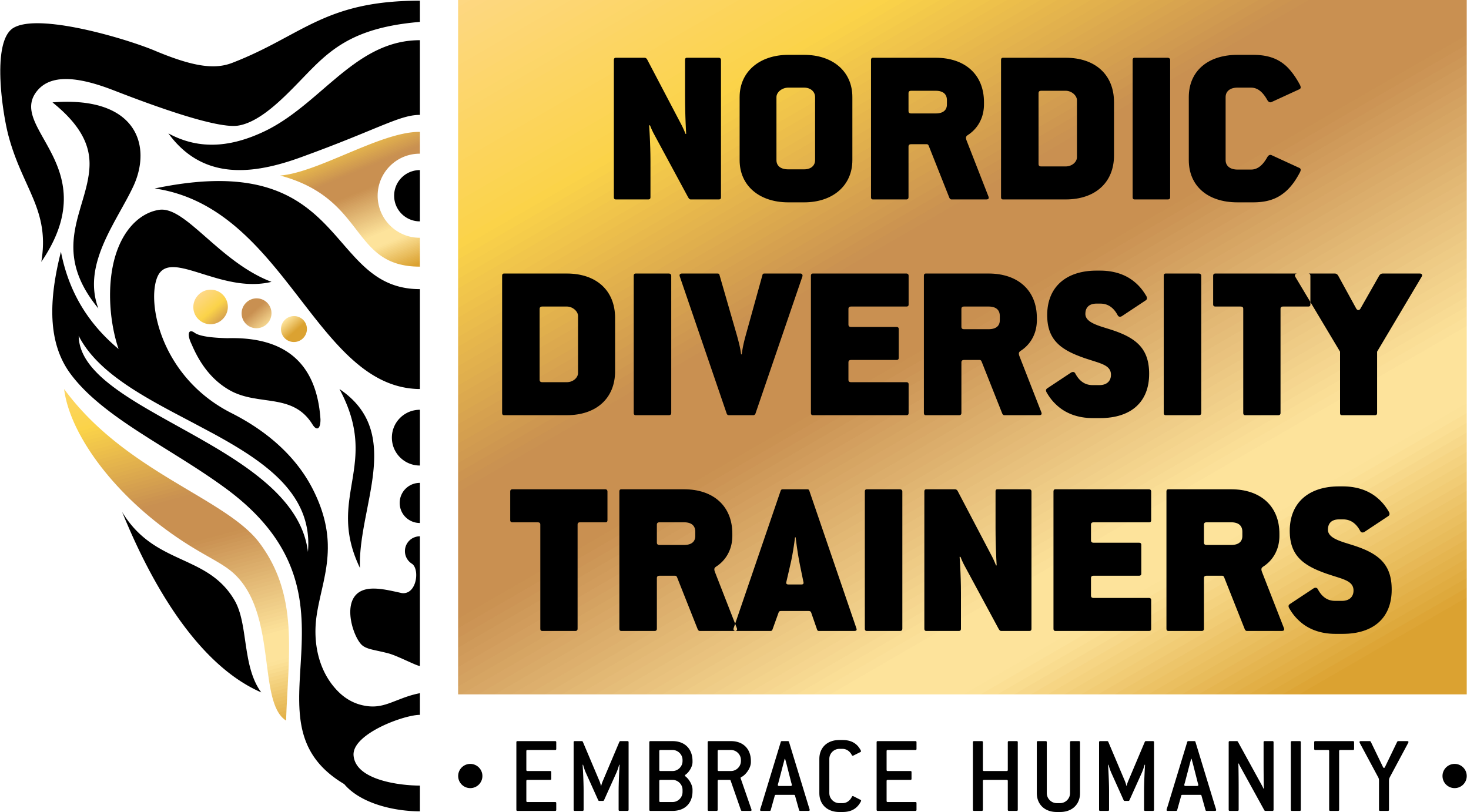You can’t do Social Work without Cultural Competence
As social beings, it is important to us to have basic communication skills. I've always lived as a minority, yet the following reflection helped me to gain deeper understanding of the need for cultural competence and to recognise its different levels. As a result of ongoing globalisation and migration, cultural awareness is a quality that everyone should possess, regardless of profession (Trevithick 2005). We need to desire to be able inclusively provide appropriate service to all those we are working with.
Social work by its very nature, is based on interaction with people from different ages, cultures and socio-economic backgrounds. Social workers need to have an intersectional approach in practicing and being aware of different levels of discrimination when dealing with ethnicity, abilities, religion, socio-economic class, and other diversity components.
“On the Macro-level we need to have comprehensive impact on society, including taking political influence, community and public education campaigning, while on the micro level remaining individual-oriented including direct interventions in families and small groups.”
Cultural competence is a dynamic that requires frequent learning, unlearning, and relearning about diversity. Culture, as an universal phenomenon, implies the integrated pattern of human behavior, thoughts, communication, actions, customs, beliefs, values, and institutions of ethnic, religious, or social groups. It is the ”heightened consciousness” of how people from different cultures and ethnic backgrounds experience their uniqueness and what difficulties they might face while living within larger social context. It is the capability to collect important cultural information regarding the client’s present problem or situation and apply it to practice.
In order to work professionally with others, we must first be self-aware, it helps to create the safe space in regard to cultural background, history and religion and to be able to communicate effectively
We need to build cultural knowledge by gathering information about different cultures and people of different ethnic background (Campinha-bacote et al., 2010). Cultural knowledge is also needed when working with our colleagues from different ethnic backgrounds and in collaboration with various international organisations and NGOs Trevithick. P. (2005)
Bias and stereotypes will only be corrected when we are interacting with clients of different ethnic and cultural backgrounds.
We also need to assess potential linguistic differences. It is the duty of social workers to ensure that the client understands all that is discussed and agreed and, if necessary, to arrange for a qualified interpreter.
Also self-knowledge is just as important, especially when working in new or unusual situations. Our desire for information and the way we communicate in new situations and with different people is often based on our self-awareness. To know and to work with others, we first need to know our personal and cultural identities and also be aware of our possible privileges. This includes knowing our cultural history and possible dominance which might come along with it. As social workers we should also acknowledge how our own knowledge, fears and bias such as racism, sexism, homophobia, ageism, ableism, xenophobia, and classism, influence our attitudes, believes, and behaviour Trevithick. P. (2005).
Lets make sure that anyone who works and interacts with people has the competence to do so without causing harm, but rather with the skills to promote well-being and social justice.
by guest blogger Kirsi Bleumonde Mutshipule
Kirsi Bleumonde Mutshipule has studied nursing in Helsinki, Finland and is currently studying social science in Gävle, Sweden. She has been an activist, board member and CEO for Rasmus - Finlands national network against racism and xenophobia.



